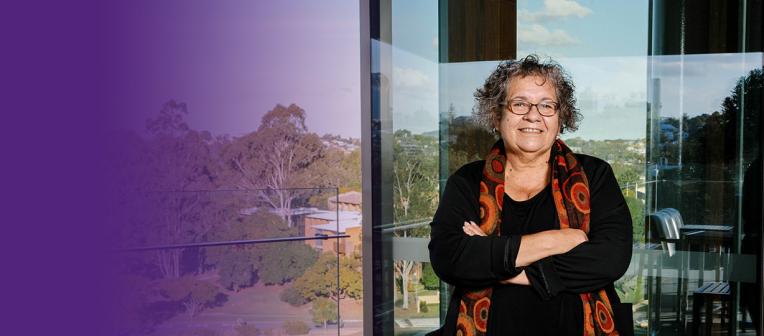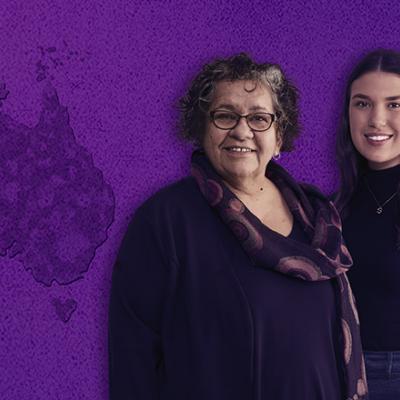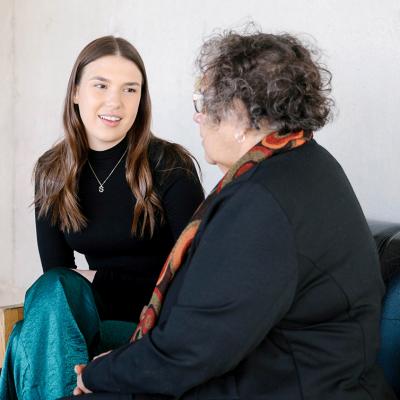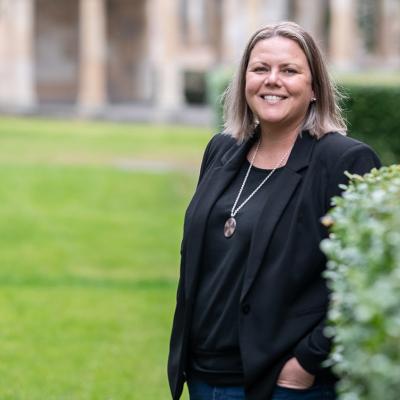Get to know Professor Tracey Bunda, a Ngugi and Wakka Wakka woman and professor of Indigenous Education at UQ.
Why Tracey loves teaching
Tracey finds joy in teaching because it’s not just a learning experience for her students, but for her as well.
“I love that moment when you can see students have the lightbulb go off and they get it,” she says.
She recognises this isn’t a career for everyone – but for those with the right mindset and passion, she knows it can be an extremely rewarding path to tread.
“Teaching is a profession where you aren’t going to get instant gratification,” says Tracey.
“This is a career with a very long bow, and you don’t necessarily see your impact straight away.”

Tracey’s heroes
Tracey sees her mother and father as her personal heroes, striving to make them proud through her career and academic journey.
“They did without,” she says.
“They did without an education, at a time in this nation when an education for an Aboriginal or Torres Strait Islander person was denied.”
“And it is for that reason, and to honour them and all of their sacrifice, that I made sure that I had the best education that I could possibly have.”
The value of studying Aboriginal and Torres Strait Islander Studies
Tracey feels there are still many issues that need to be addressed surrounding the place of Aboriginal and Torres Strait Islander within Australian society. And while she sees the importance of having Indigenous qualified people to help address these problems, she also feels wider involvement is crucial.
“One of the benefits of Aboriginal and Torres Strait Islander Studies is you’re going to have non-Indigenous people in those courses as well,” says Tracey.
“We’re able to give them an informed position and to have a cultural intelligence about Indigenous issues, because they’re going to be the ones in the future who are going to contribute to being able to resolve these matters.”
“One of the takeaways that I would really love for our students to have after completing courses in ATSIS is a sense of justice within themselves.”
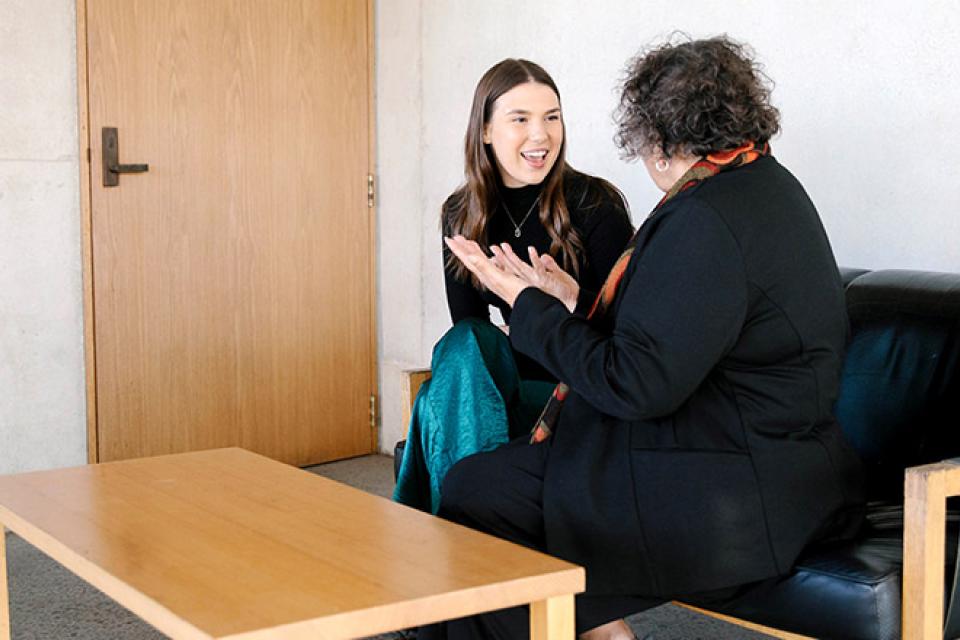
Tracey also knows some students coming into this field of study are uncertain about their job prospects – whether what they train for in these courses will equate to jobs being available for them. She understands these concerns but doesn’t believe they’re necessarily warranted.
“I would say, because you’re doing a UQ degree, you are highly employable,” she says.
“What we want to be able to do is ensure our students have numerous skills they can apply to any workplace and any context.”
“UQ has a real commitment to excellence. All our students get a very thorough, deep education. There are co-curricular activities outside of the classroom that help you expand as a student.”
For Tracey, the Aboriginal and Torres Strait Islander Studies major really shines when used to complement a different area of study. For example:
- communication students completing this major may be better equipped to report on Indigenous matters within the community
- health students completing this major are more informed and can be more culturally intelligent when working with Aboriginal and Torres Strait Islander communities
- anthropology and archaeology students completing this major can work alongside Indigenous people across persisting matters including native title.
“When you couple it with other studies in your degree, you have lots of options available to you,” says Tracey.
Meet some other UQ academics or learn more about the Aboriginal and Torres Strait Islander Studies major.

